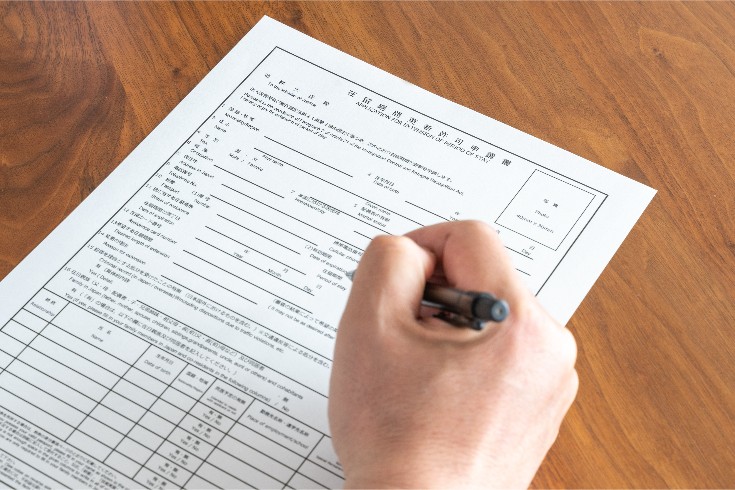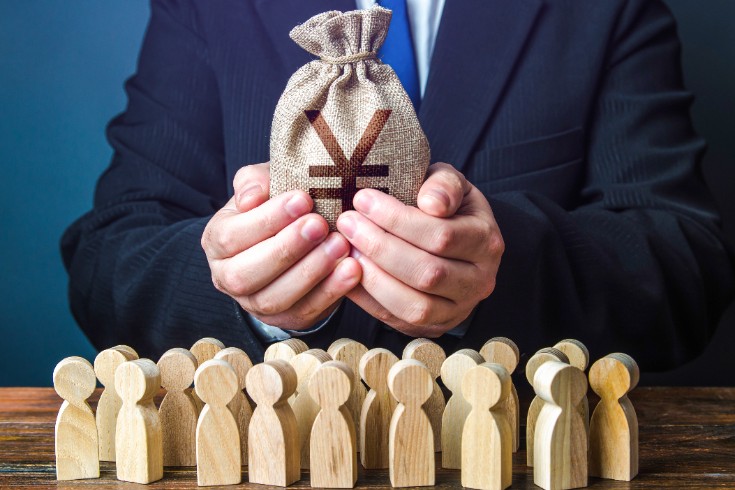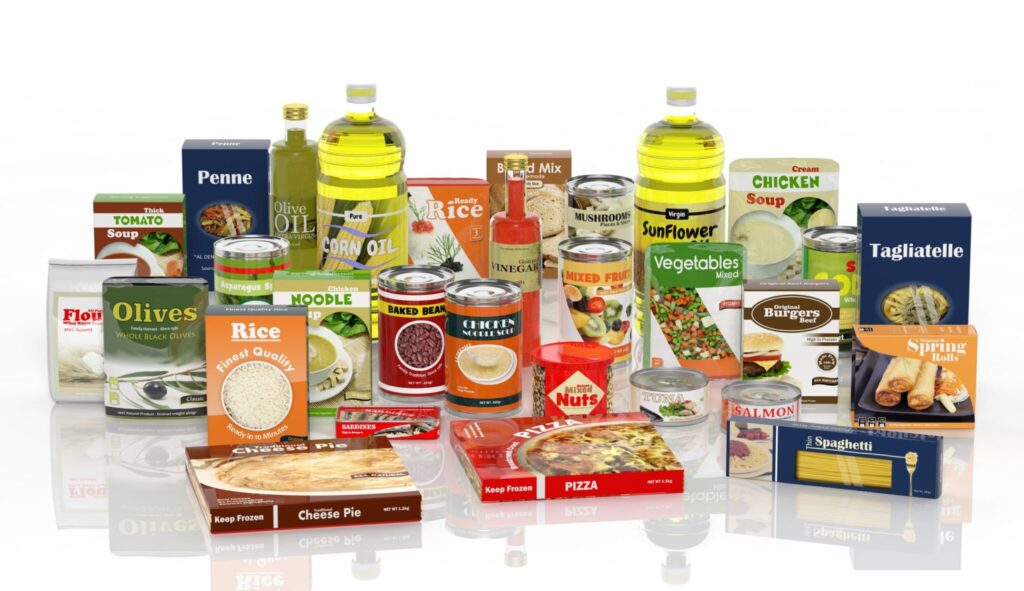Understanding the Background of the U.S. 'Super 301' Provision Japanese Companies Should Know
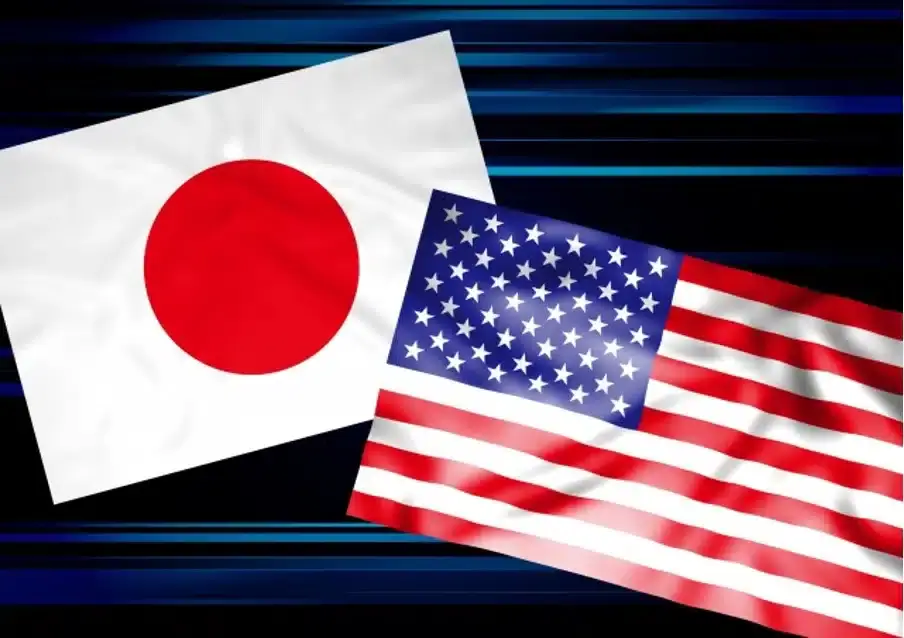
The United States, one of Japan’s main trading partners, has a history of implementing trade sanctions against Japan by enacting Section 301 of the Trade Act in 1974. Understanding the nature of these trade sanctions is crucial for businesses planning to expand their operations in the United States.
This article will delve into the background of the enactment of Section 301 and Super 301 of the Trade Act, as well as the diplomatic relations between Japan and the United States. Legal professionals in companies considering business expansion into the United States should find this information particularly useful.
Super Section 301 Added to the Trade Act Section 301
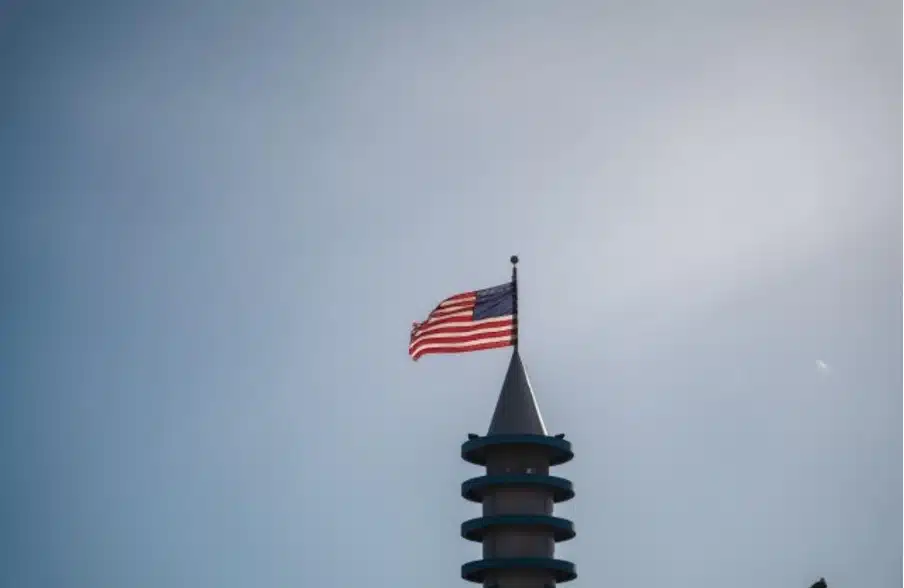
Section 301 of the Trade Act is one of the provisions of the American Omnibus Trade Act, established with the goal of eliminating barriers for individual industries. The United States Trade Representative (USTR) conducts investigations and makes judgments, engaging in discussions with the counterpart countries on trade deemed unfair. If these discussions do not lead to a resolution, the President may enact sanctions such as raising tariffs.
In contrast, Super Section 301 is part of the 1998 (Heisei 10) Omnibus Trade and Competitiveness Act enacted in the United States. Super Section 301 is widely regarded as an enhanced version of Section 301, designed to impose sanctions on countries with unfair trade policies and to force concessions through a defined procedure.
The United States Trade Representative (USTR) identifies countries with unfair trade practices and excessive tariff barriers, seeking their elimination through negotiations. If these issues are not resolved through negotiation, measures such as raising tariffs will be implemented.
The Purpose of Super 301 is the Correction of Systematic Trade Practices
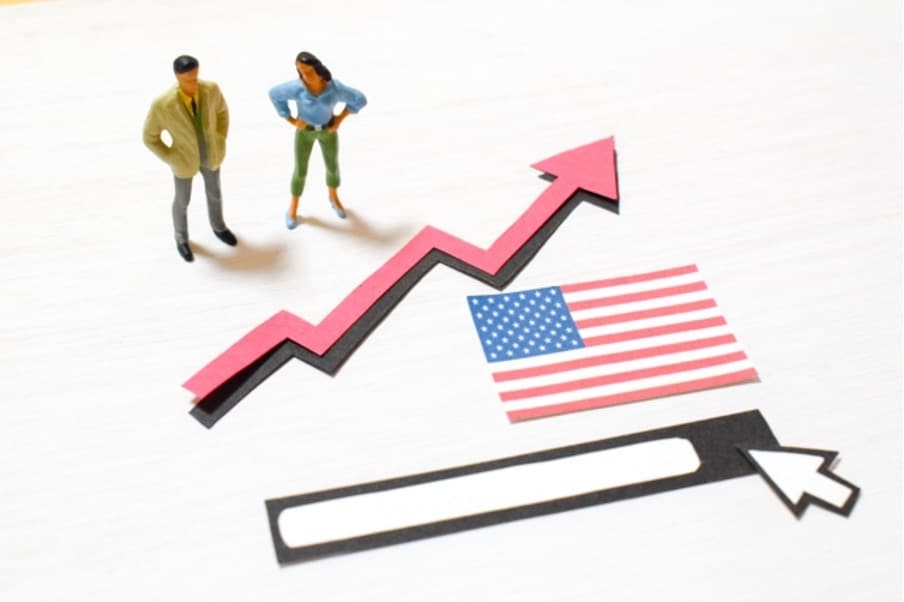
Super 301 aims to identify countries that adopt unfair trade policies and establish procedures to coerce concessions using sanctions. It was introduced to adopt a more aggressive trade policy, especially towards trade surplus countries, including Japan.
Furthermore, Super 301 played a significant role in the hardline stance on trade issues under the Trump administration (2017-2021).
Due to China’s infringement of intellectual property rights, a key economic indicator representing the sentiment in the American manufacturing sector has plummeted. To reduce the trade deficit, President Trump intensified his tough stance by implementing tariffs of up to 25% on more than 60% of exports. The Biden administration, which took office in January 2021, maintained additional tariff measures such as those under Section 301, aiming to counter China.
However, this led to backlash within the United States, as American products faced high tariffs from China, and companies that had built their supply chains overseas were forced to reconsider their strategies.
Japan Subject to the Super 301 Provision
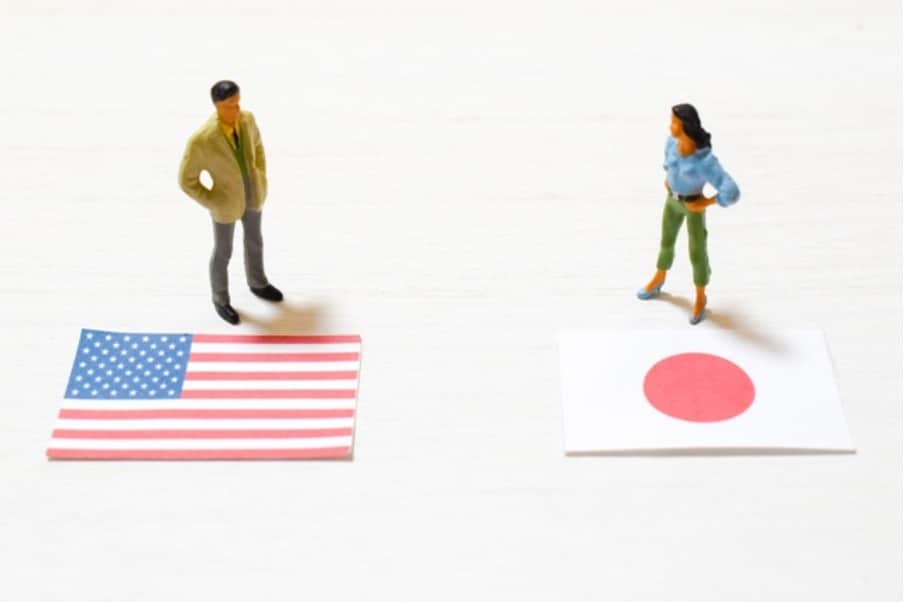
In 1989, the United States applied the Super 301 provision against Japan, restricting trade in supercomputers, satellites, and wood products. Japan has implemented various measures in response to the American trade restrictions.
During the visit of Prime Minister Kiichi Miyazawa to the United States in April 1993, his discussions with President Clinton focused primarily on the imbalance in Japan-U.S. trade. President Clinton strongly urged a reduction in Japan’s trade surplus. However, due to the trade friction between Japan and the U.S. and the appreciation of the yen, Japan has been suffering from a decline in international competitiveness for many years and has wisely continued measures to maintain the trade friction and the high yen.
Summary: One of the Key Regulations to Understand as a Foundation for International Business
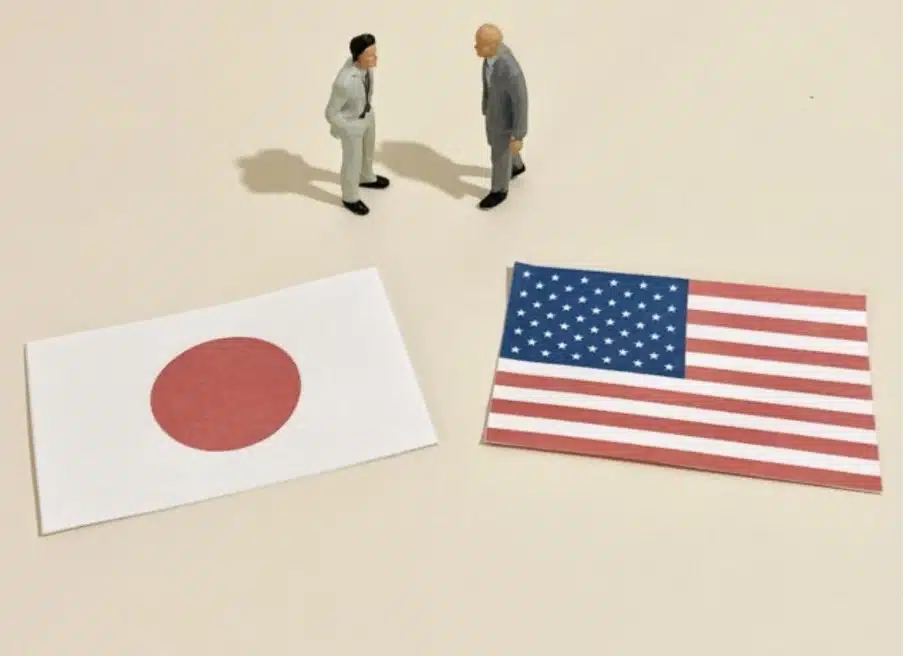
The United States has implemented various policies, including raising tariffs on trading partners, in an effort to avoid trade deficits. Understanding the political background of trade between Japan and the U.S., through mechanisms such as Section 301 and Super 301, is crucial.
Furthermore, depending on the outcome of the 2024 Presidential election, additional tariffs, including those under Section 301, may be anticipated. Japanese companies that source or manufacture in China and operate in the U.S. could face higher tariffs, making it essential to closely monitor the presidential election trends.
Introduction to Our Measures
Monolith Law Office is a legal office with extensive experience in both IT and law, especially in the realm of the internet. In recent years, global business has been expanding increasingly, and the need for legal checks by experts is growing more than ever. Our firm provides solutions related to international legal affairs.
Areas of practice at Monolith Law Office: International Legal Affairs & Overseas Business[ja]







